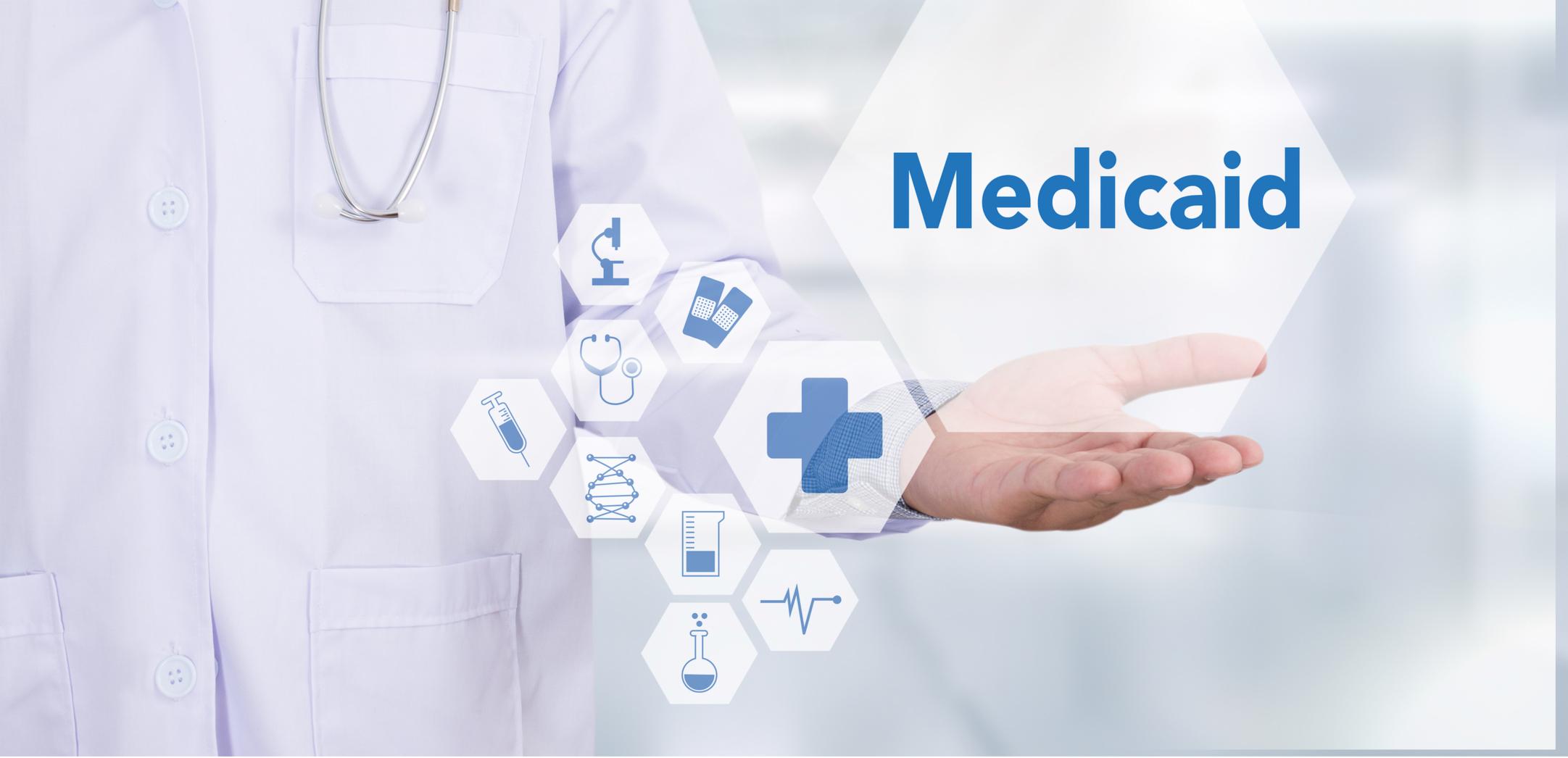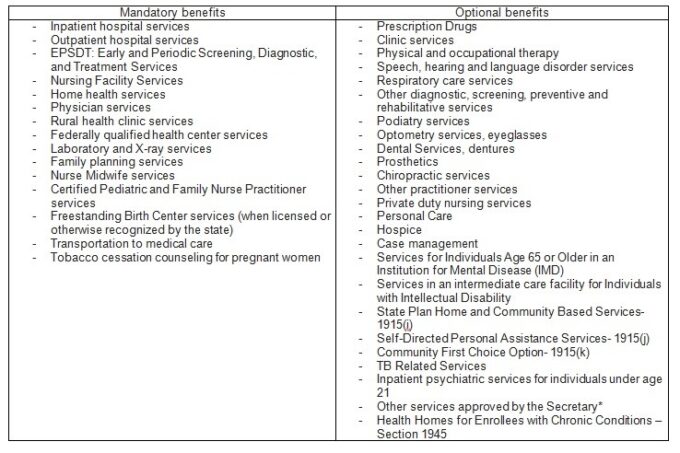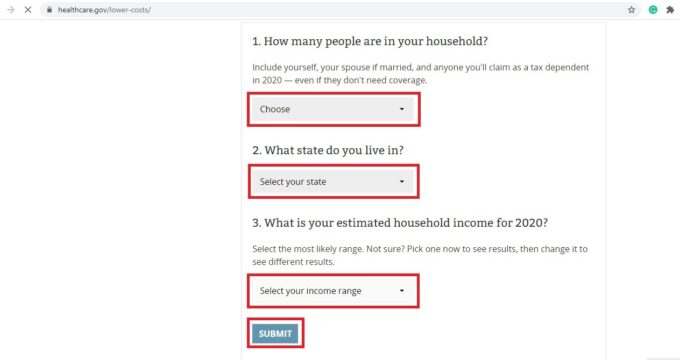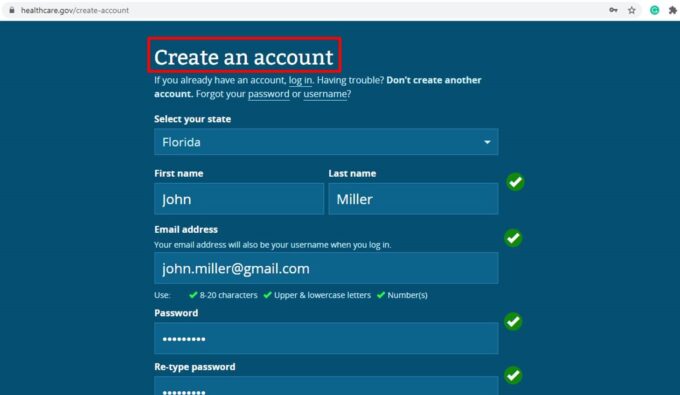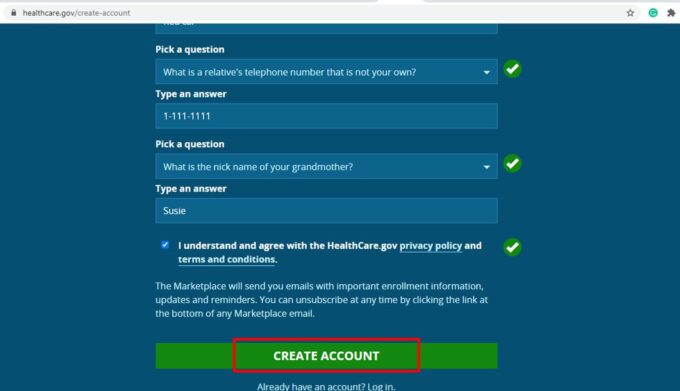As the Covid-19 pandemic goes by, public health has become a primary matter for the U.S. government, especially this year; that is why they promote assistance programs like Medicaid, which helps low-income people with the coverage of different medical expenses.
Unlike Medicare, which is a different program, this one is managed by state governments but follows federal guidelines; therefore, some things might vary depending on where you live.
If you already receive benefits from Medicaid, but you are not sure if it is still active, you can read this guide on application-gov.us.
But, if you are new to this subject and you want to understand it better, here are the main things you need to know about the benefits, requirements, application process, and more.
Difference between Medicaid and Medicare
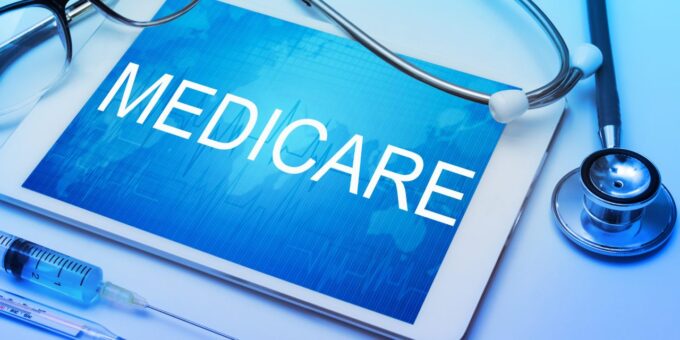
Most people tend to confuse these two programs. So, before talking about the Medicaid coverage, you need to know the difference between both of them.
- Medicaid: It is controlled by state policies for people with low-income or limited resources, no matter their age. Generally, those who get the benefits do not have to pay any medical expenses; in some cases, they can be required to give a small payment previously agreed.
- Medicare: It is a health insurance managed as a federal program, and it is mainly designed for the elderly over 65 years, disabled people, and patients with renal disease, no matter their income. However, in this case, beneficiaries do have to pay for one part of the costs.
What are the benefits and coverage?
By June 2025, Medicaid coverage assisted almost 68 million Americans with low-income; it is the biggest health program across the country.
This program is managed by the Centers for Medicare and Medicaid Services (CMS) and the Department of Health and Human Services (HHS). However, since it is a federal-state partnership, the former two institutions define the core requirements about eligibility and benefits; and each state determines its own regulations about applicants, services, payments, etc.
In consequence, there are mandatory benefits and optional benefits.
NOTE: Remember that the services mentioned above can vary depending on where you live.
Eligibility
In general, this program assists elderly adults, low-income adults, pregnant women, children, and people with disabilities. But, the eligibility for Medicaid coverage is focused mainly on family size and income.
The only requirement that applies to all states is that you must be a U.S. citizen or a qualified non-citizen. Regarding the other aspects mentioned above, use this chart to see if you qualify.
- First, select the exact number of people that are included in your household.
- Indicate where you live.
- Select your household income (in this case, it refers to the current year).
- Click on ‘Submit.’
- Then you will see some bullet points explaining if you are eligible or not.
Also, below that chart, there are other helpful tools:
- An income calculator that will help you to determine your current household income.
- And a guide to determine which person qualifies specifically as ‘household members.’
What happens if you lie?
Some people often lie about their true situation at home (by making it worse) to try to earn more benefits. However, this is a very serious mistake.
A small typing or transcription error in the information is normal, but when it comes to intentionally altered data, there will be consequences.
If Medicaid workers/representatives discover the lie, you will lose the right to receive these benefits, and you can even receive massive fines or jail time (up to five years).
Do not forget that these applications include rigorous research and interview, so the best decision you can make is to be completely honest about yourself and your family.
How to apply for Medicaid coverage
After knowing if you qualify to get Medicaid coverage, there are two ways to apply; choose the one that benefits you best.
Health Insurance Marketplace
The Health Insurance Marketplace is an authorized portal where you can apply for different government programs that provide medical assistance, including Medicaid. This is what you have to do:
- First, go to: https://www.healthcare.gov/create-account.
- If you already have an account, click on ‘log in’ and enter with your username and password as usual.
- If you do not have an account, you will have to create one. In this case, select your state to proceed.
- Now, type all the required information: first name, last name, email address, password, and three security questions (it is recommendable that you write those questions and answers in a personal notebook or another place, just in case you forget them).
- Mark the box to confirm that you understand and agree with the Health Care policies and conditions.
- And finally, click on ‘Create Account.’
- Here is an example of what it should look like:
Once you finish the registration (or if you have already logged into your account), you just need to follow the prompts to start an application and select the program of your choice.
Medicaid state agency
This is the most recommended option since you will know about the exact process of your state. For your convenience, in this link, you will find a list of contact information for each agency.
Enter to the link corresponding to where you live and look for a section related to ‘Medicaid,’ ‘Health Insurance,’ ‘Health Care,’ ‘Medical Assistance,’ ‘CHIP,’ and similar.
Due dates
Everyone eligible for Medicaid coverage can apply at any time of the year. But always remember to check with your state agency first.
Public opinion about Medicaid
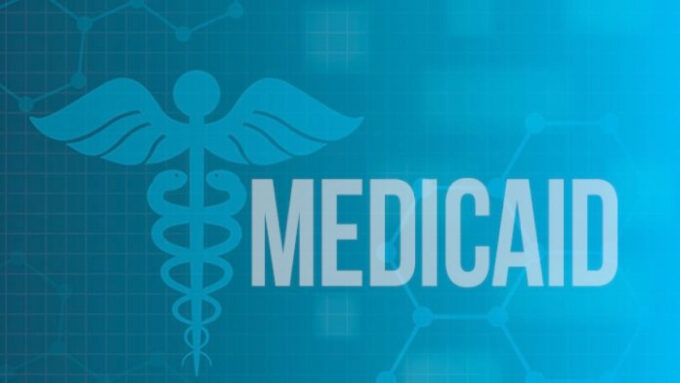
The Medicaid program has shown to be receiving a very favorable perception among the public, according to a tracking poll made in 2019.
Besides helping citizens directly, it provides financial support for hospitals, community health centers, nursing homes, and others. They also spend funds on things like wheelchairs and buses for transporting, school nurses, and physical, occupational, and speech therapists.
And as if that were not enough, they tend to cover services that most private health insurance do not pay for, like transportation to non-emergency medical appointments, vision care, and dental care.
In consequence of all these benefits, apart from the citizens, even Democrats and Republicans are constantly supporting the program.

